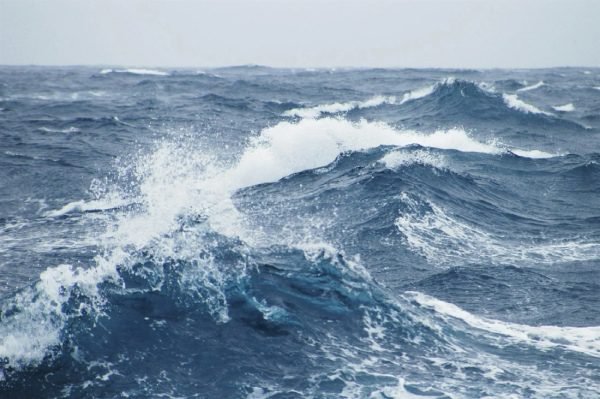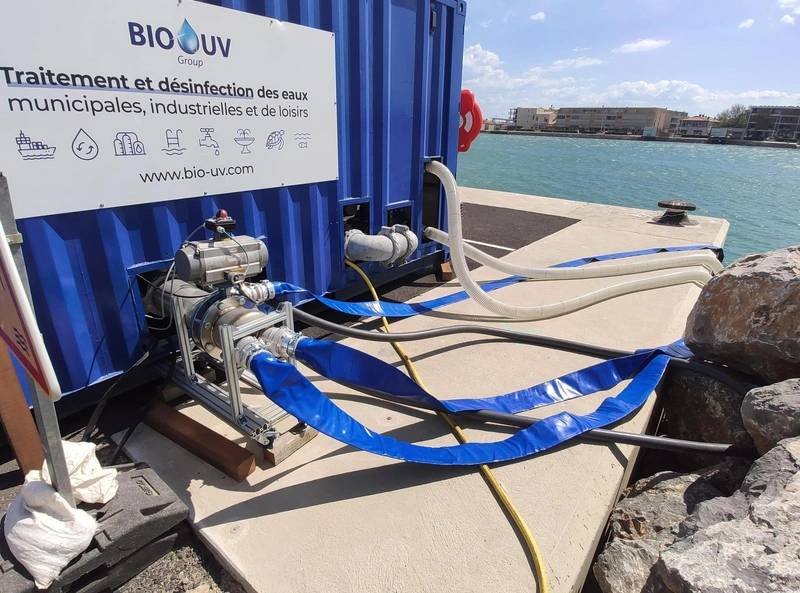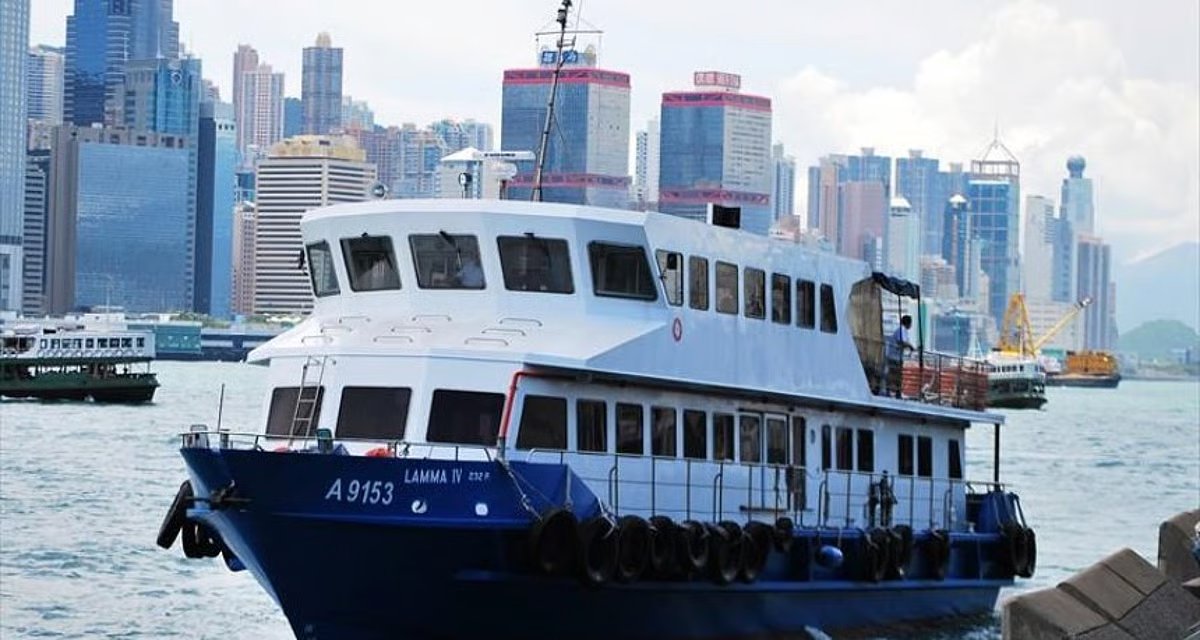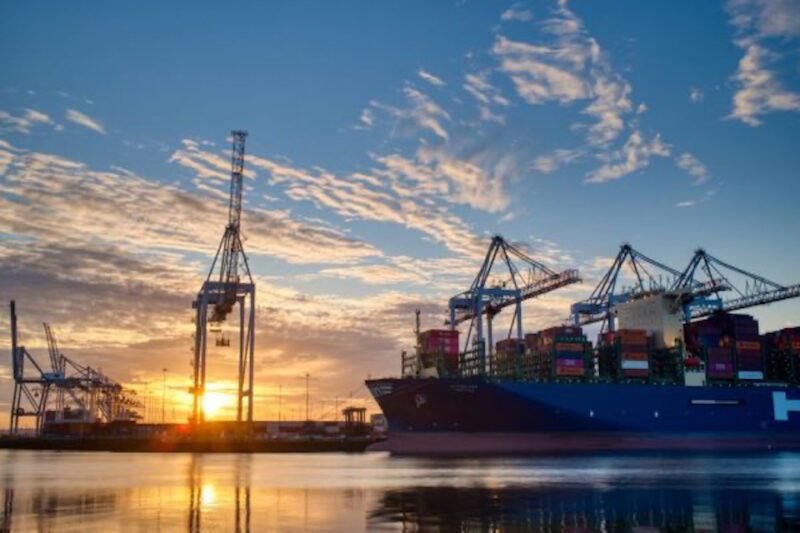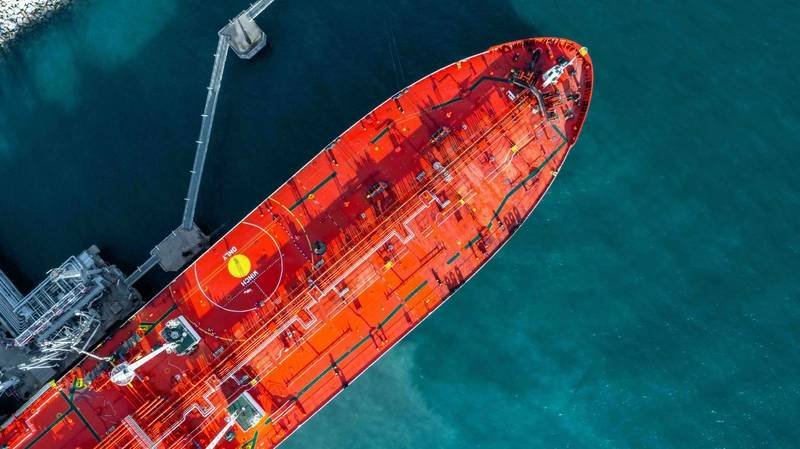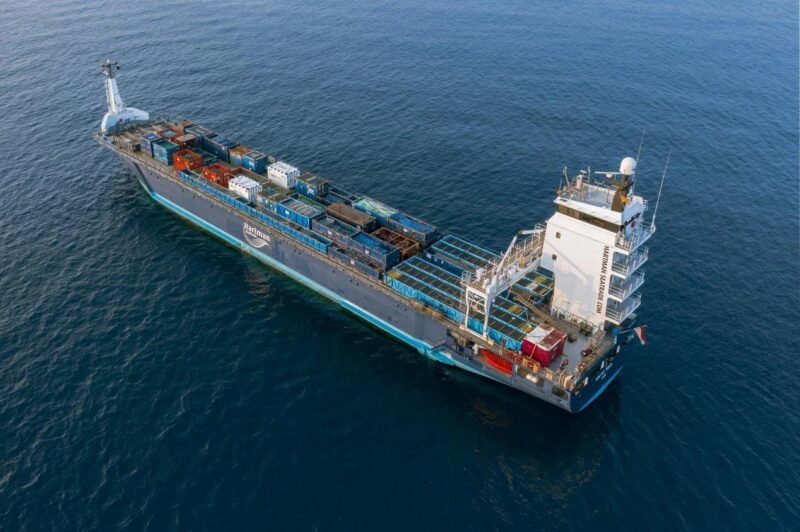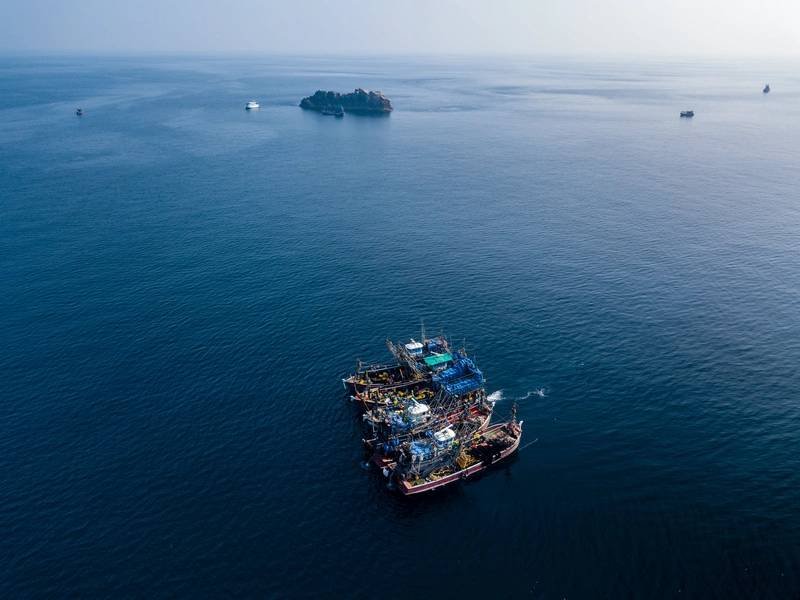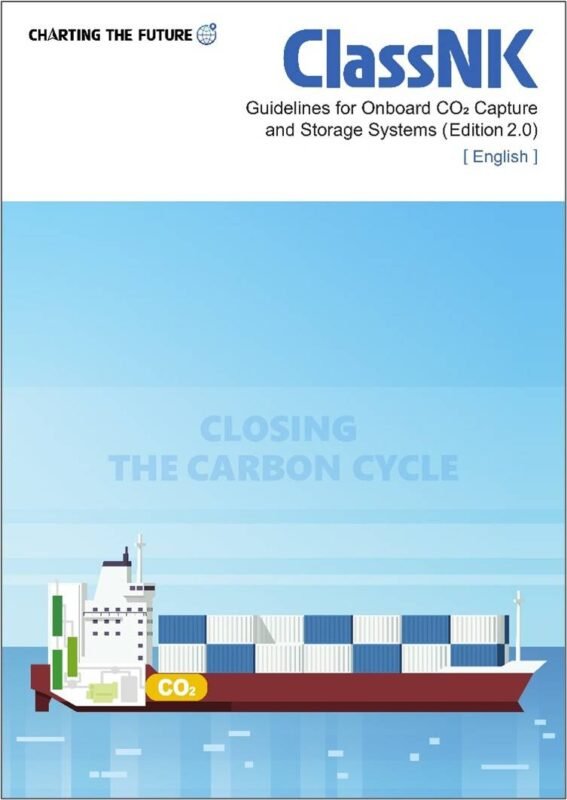The new guidelines for ship operators introduce several important updates, including revised ballast water record books that require ships to document uptake, discharge, and treatment using specific codes. Vessels entering ports must now submit a Ballast Water Reporting Form to provide detailed information about their ballast operations. While voluntary tank-by-tank logs are recommended to assist with inspections and compliance verification, they are not mandatory.
Shipowners and operators have mixed reactions to the stricter protocols. While many support the emphasis on better record-keeping for sustainability efforts, some express concerns about the administrative burdens and potential delays at ports during inspections. The Department of Transport’s Maritime Safety Policy Division is available to provide technical assistance to stakeholders as they navigate these changes.
With the 1 February deadline approaching, maritime stakeholders are advised to familiarize themselves with the updated requirements to ensure compliance and avoid penalties. The Marine Survey Office has made updated record books available through its Mercantile Marine Office, and the full text of the guidance can be accessed on the Department’s official website. It is crucial for ship operators to stay informed and prepared for these changes in order to adapt effectively to the evolving regulations.


